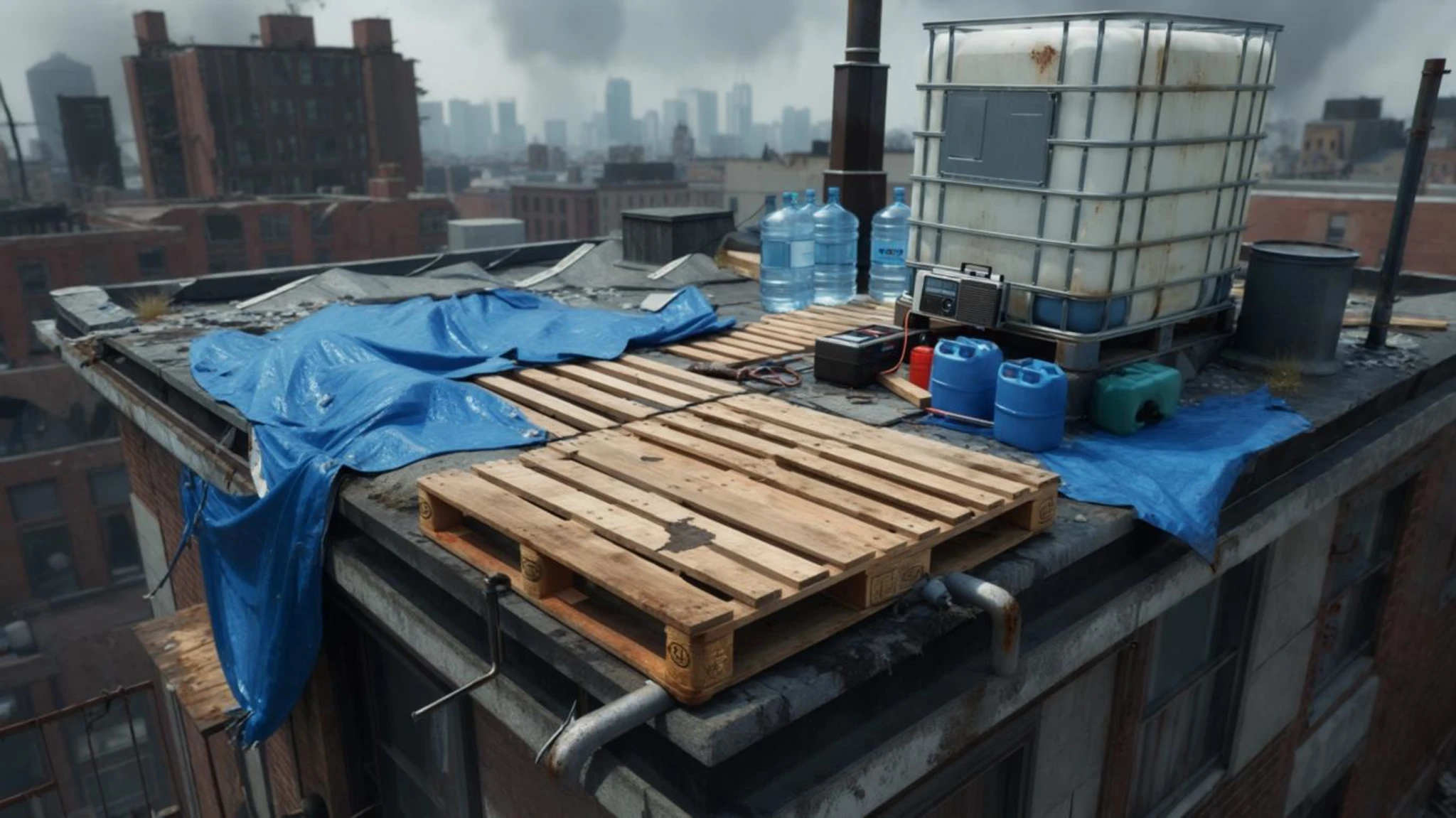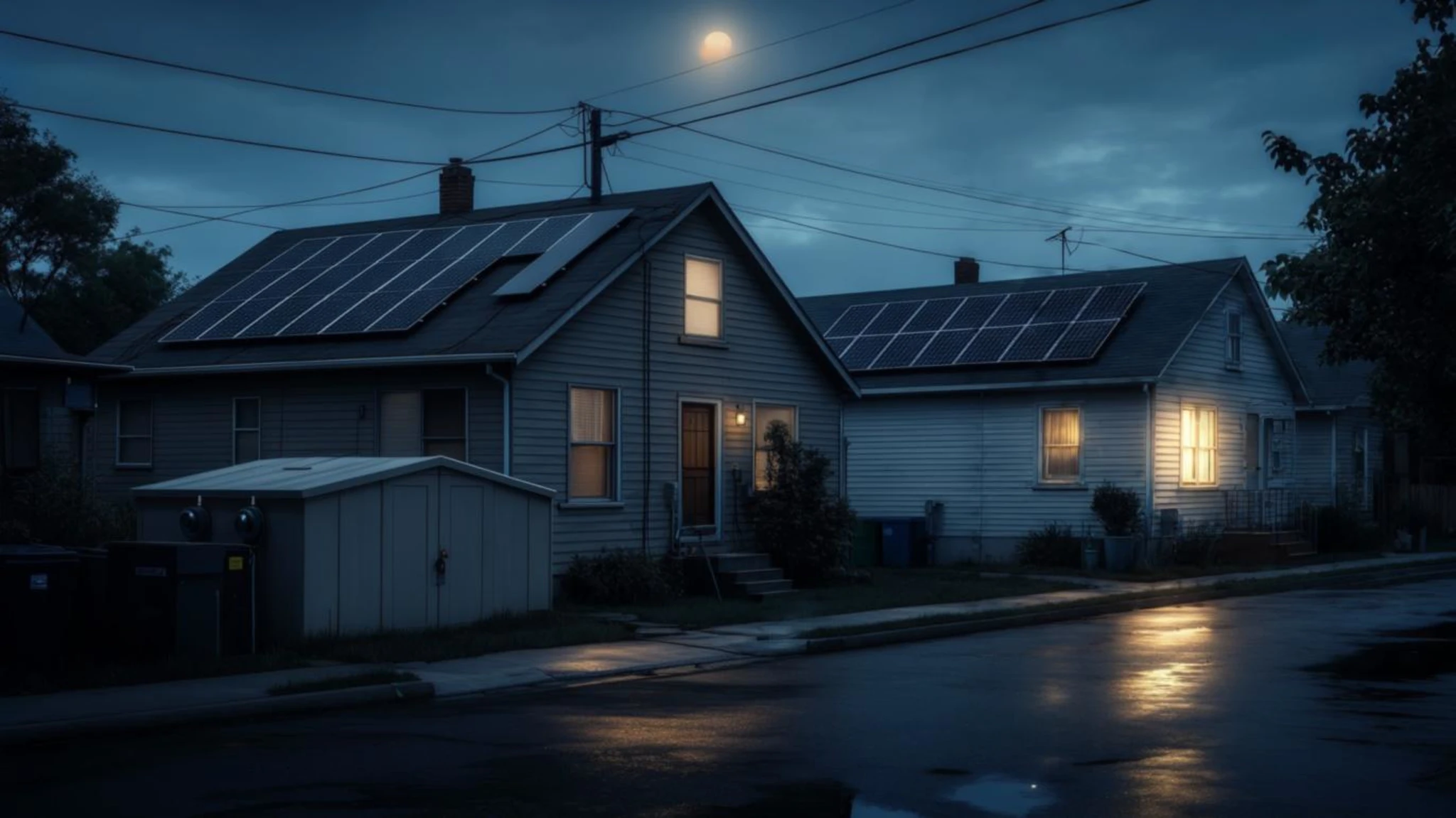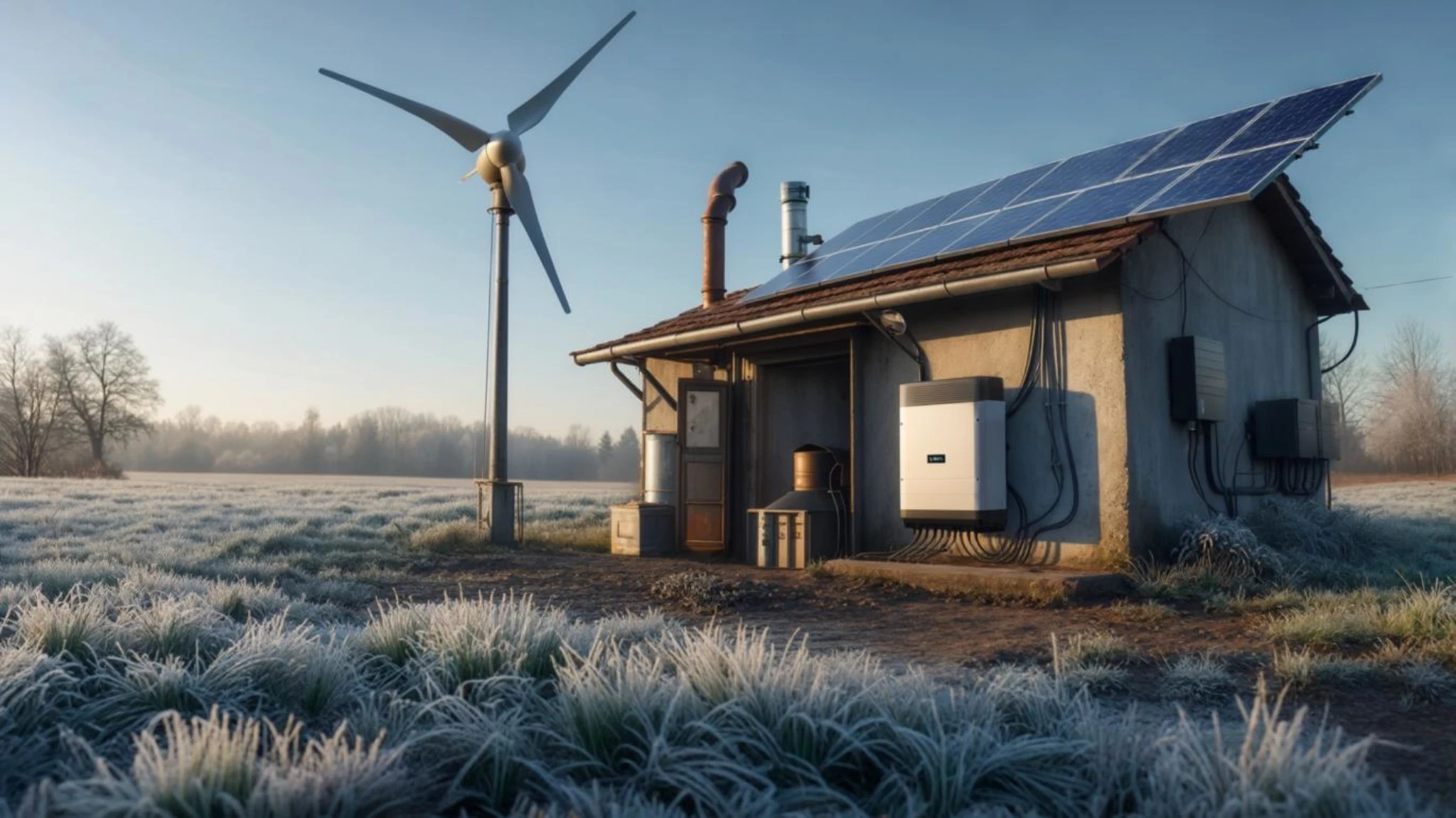When society falls, banks close, and cash becomes little more than tinder, the only economy left is the one built by survivors.
It might sound primitive, but history repeats itself—when central systems collapse, communities always fall back on something older, simpler, and more human: bartering. It’s not just about swapping goods; it’s about rebuilding value in a world where traditional currencies have lost all meaning.
In a post-collapse reality, bartering isn’t optional—it’s survival. If you want to thrive, not just scrape by, you need to understand how the new economy works and how to operate within it.
The Collapse of Trust in Currency
Money, at its core, is trust. It’s a promise that a scrap of paper will be honored for goods or services. But after the fallout—whether from war, EMP, economic implosion, or plague—that trust evaporates.
When banks are gone, inflation runs wild, or the government can no longer enforce its own systems, people revert to tangible value. History gives us plenty of examples: post-World War I Germany, Soviet collapse, Venezuela, and more recently, economic collapse zones in Lebanon and Argentina. In all of them, local trade didn't stop—it simply adapted.
The difference now? In a true survival scenario, the stakes are higher, and resources are finite. That means bartering becomes not just useful—but dangerous if done without foresight.
What Holds Value When the Dollar Dies
Not everything is worth trading. When you have limited carrying space, limited time, and limited trust, you’re not going to risk your safety for a vinyl record or a bottle of wine. You’re going to look for items that keep you warm, fed, safe, and clean.
The most consistently valuable post-collapse trade items tend to fall into a few key categories:
Medical supplies: antibiotics, painkillers, antiseptics, bandages, birth control, even basic vitamins become gold.
Hygiene products: soap, toilet paper, toothpaste, feminine hygiene items, razors.
Food: calorie-dense, long-lasting, and portable is the rule—think rice, beans, canned meat, protein bars, coffee, and salt.
Water purification: iodine tablets, filters, chlorine drops, even clean bottles.
Fuel and fire: propane, matches, lighters, candles, and batteries of all sizes.
Tools: knives, multitools, hand tools, sewing kits, and fishing gear.
Clothing: especially warm socks, gloves, jackets, and boots—new or repairable.
Defense: ammo, pepper spray, tactical flashlights, or homemade alternatives.
Information: maps, printed manuals, old-school skills can be as valuable as any physical good.
The trick isn’t just having these things—it’s knowing when, how, and to whom to trade them.
Building a Barter Mindset
In a functioning society, you can rely on pricing, receipts, and the ability to walk away from a bad deal. After the fallout, it's not that simple. Every trade carries risk.
That’s why you must treat barter as a mix of negotiation, strategy, and survival instinct.
First, know your priorities. Never trade something you truly need, no matter how desperate you are. If it’s water and you’re down to your last jug—keep it. If it’s medicine for your child—keep it. You’re no good to anyone dead or compromised.
Second, know the market. What’s rare today might be worthless tomorrow if supply floods in. Coffee may be precious in one zone and common in another. Always adapt.
Third, understand perception. People don’t trade just for need—they trade for comfort, for luxury, and for a sense of normalcy. A pack of cigarettes or a bottle of aspirin might not seem like life-or-death to you, but to someone else in withdrawal or pain, it could be priceless.
Trading Safely in a Lawless World
Even good trades can turn bad if you don’t manage risk. Bartering in the open, with people you don’t trust, invites theft, ambush, or worse. That’s why you need both rules and strategy.
Never trade alone: Bring a lookout, preferably someone skilled in reading people.
Set neutral ground: Don’t invite strangers to your camp. Meet halfway, in a spot you’ve scouted and prepared.
Control visibility: Don’t show all your cards. Carry only what you’re willing to trade. Never reveal your full stock.
Establish signals: Use agreed-upon gestures or words to alert your partner if something feels wrong.
Vet your traders: Build a network. If someone proves honest, trade again. If they cheat once, blacklist them.
In a barter economy, your reputation becomes currency. Protect it. But more importantly, protect yourself.
Beyond Stuff: Bartering Skills and Services
Sometimes you won’t have the physical item someone needs—but you might have the skill to create it. And in many cases, services are safer to offer than goods.
Valuable post-collapse skills include:
A good blacksmith, medic, or mechanic could trade services for food indefinitely—because in the long game, skills don’t run out, spoil, or get stolen as easily.
Trading as Rebuilding
Bartering isn’t just a way to survive—it’s a way to rebuild society. It reintroduces trust, relationships, and social structure where none remain. Done right, it leads to informal markets, shared protection agreements, and eventually—something that feels like community.
But never forget the stakes. In the early days after collapse, desperation clouds judgment. Violence will hover over every transaction. Until trust is earned, barter is a knife-edge transaction.
Those who thrive in this new economy will be those who plan ahead, think tactically, and trade smart. When the money dies, and the banks crumble, it won’t be gold that keeps you alive.
It’ll be grit, intuition, and knowing exactly what your neighbor needs—and when to say no.



